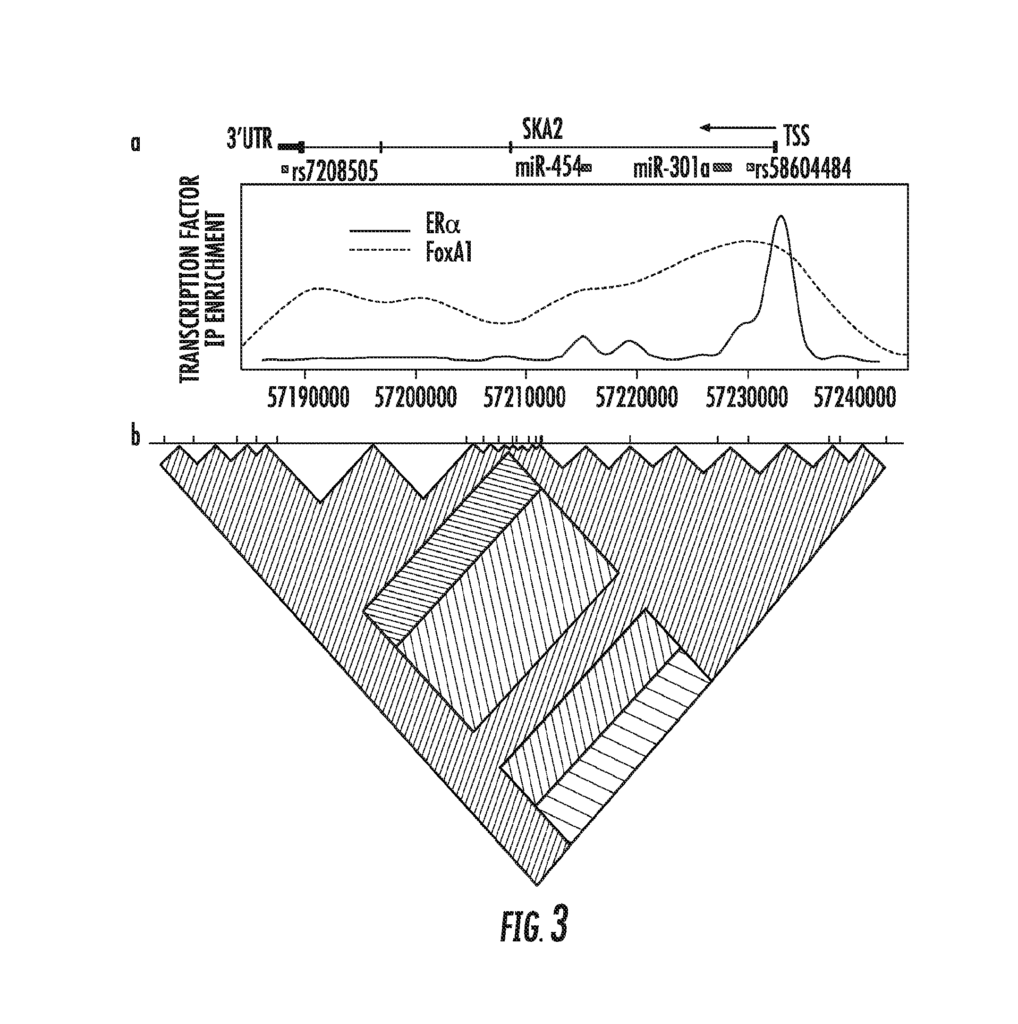A Groundbreaking Genetic Tool for Suicide Risk Detection
Introduction
Mental health conditions leading to suicide attempts or ideation pose some of the most complex challenges for healthcare providers, patients, and their families. Despite advancements in psychiatry and psychology, one of the key difficulties remains in accurately identifying individuals at risk for suicide before it escalates to a critical level. Traditional diagnostic methods rely heavily on self-reporting and clinical observation, which can be imprecise and subject to significant variability. Our patented DNA methylation and genotype-specific biomarker technology offers a novel and scientifically grounded solution for early detection and risk assessment.
The Need for Predictive Biomarkers in Suicide Risk
Currently, mental health professionals lack effective, objective tools to identify individuals at high risk for suicide. Standard screening methods often rely on subjective indicators, which can lead to missed warnings or false positives. Moreover, individuals at risk may underreport their feelings, making it even harder to intervene in time. What the healthcare industry needs is a reliable, scientifically validated method to detect biological changes that signal elevated suicide risk, allowing for more proactive treatment and prevention strategies.
Advanced Genetic Insights for Proactive Intervention
Our technology uses specific biomarkers associated with DNA methylation and genotype variations that are strongly correlated with suicide ideation and attempts. This genetic approach provides an objective, measurable method to assess an individual’s risk of suicide, offering a window into the biological underpinnings of this mental health crisis. By identifying epigenetic changes linked to mental health risk, healthcare providers can intervene earlier with more personalized treatment plans, potentially saving lives.
This biomarker technology can be incorporated into diagnostic tests that provide critical insights to psychiatrists, therapists, and general practitioners. It allows mental health professionals to identify at-risk individuals, even if they are not openly expressing suicidal thoughts. Furthermore, this tool can be integrated into mental health screening protocols in hospitals, clinics, and emergency rooms, giving clinicians a vital resource to assess and mitigate suicide risk.
Why This Biomarker Technology is Essential
- Objective Risk Detection: Provides a measurable, genetic-based marker for suicide ideation and attempts, offering more accuracy than traditional screening methods.
- Personalized Mental Health Care: Allows healthcare providers to tailor treatment plans based on genetic predispositions, ensuring early and targeted intervention.
- Improved Outcomes: By identifying high-risk individuals sooner, this technology enables timely, life-saving interventions.
- Broad Applications: This biomarker can be used in diverse clinical settings, from hospitals to outpatient clinics, aiding in both acute and long-term mental health care.
An Essential Tool for Mental Health Providers
Licensing this advanced genetic biomarker technology offers a transformative approach to suicide prevention, equipping healthcare providers with a predictive tool that bridges the gap between mental health care and cutting-edge biotechnology. It is a must-have for those committed to improving patient outcomes in the field of psychiatry and beyond.

- Abstract
- Claims
We claim:
1. A method for predicting suicide attempt and/or suicide ideation by a subject comprising the steps of:
6. The method of claim 5, wherein the biomarker of salivary cortisol comprises CpG dinucleotide methylation at one or more of the following genes:
8. A method for predicting suicide ideation and/or suicide attempt comprising the steps of:
Share
Title
DNA methylation and genotype specific biomarker of suicide attempt and/or suicide ideation
Inventor(s)
Zachary Kaminsky, Holly Wilcox
Assignee(s)
Johns Hopkins University
Patent #
10280464
Patent Date
May 7, 2019
